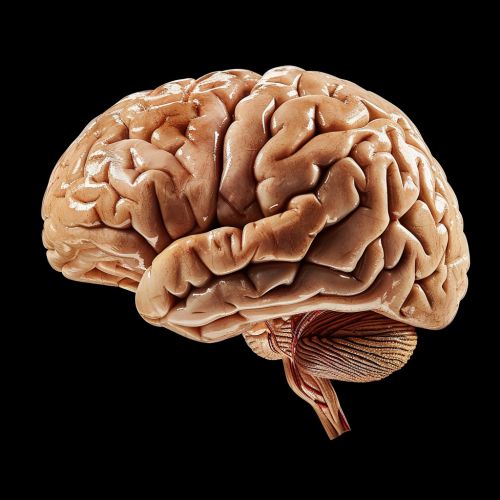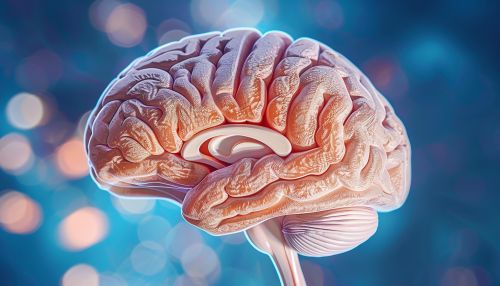Cognitive Disorders
Overview
Cognitive disorders are a category of mental health disorders that primarily affect cognitive abilities including learning, memory, perception, and problem solving. These disorders can be congenital or acquired, often as a result of a physical injury or a neurological illness.
Classification
Cognitive disorders are classified into several categories: Delirium, Dementia, and Amnestic Disorders. Each category has its own set of characteristics and symptoms, but all involve problems with memory, attention, perception, and problem solving.


Delirium
Delirium is a cognitive disorder characterized by a sudden onset of confusion, disorientation, and difficulty focusing attention. It is often temporary and reversible, but can be indicative of a more serious underlying condition.
Causes of Delirium
Delirium can be caused by a variety of factors, including severe or chronic illness, changes in metabolic balance (such as low sodium), medication, infection, surgery, or alcohol or drug withdrawal.
Treatment of Delirium
Treatment for delirium involves addressing the underlying cause. This may involve medications to treat an infection, adjusting a medication that's causing the delirium, or treating a metabolic imbalance.
Dementia
Dementia is a cognitive disorder characterized by a progressive decline in cognitive function due to damage or disease in the body beyond what might be expected from normal aging.
Types of Dementia
There are several types of dementia, including Alzheimer's Disease, Vascular Dementia, Lewy Body Dementia, and Frontotemporal Dementia.
Causes of Dementia
Dementia is caused by damage to brain cells. This damage interferes with the ability of brain cells to communicate with each other, affecting thinking, behavior and feelings.
Treatment of Dementia
There is currently no cure for dementia, but there are treatments available that can slow its progression and improve quality of life. These include medications, cognitive training, and lifestyle changes.
Amnestic Disorders
Amnestic Disorders are a group of disorders that involve loss of memories previously established, loss of the ability to create new memories, or loss of the ability to learn new information.
Causes of Amnestic Disorders
Amnestic disorders can be caused by a variety of factors, including brain injury, neurological illness, or the use of certain drugs.
Treatment of Amnestic Disorders
Treatment for amnestic disorders involves addressing the underlying cause, if known. This may involve medications, cognitive therapy, or lifestyle changes.
Diagnosis
Diagnosis of cognitive disorders involves a thorough medical evaluation, including a physical examination, a review of the person's medical history, and neuropsychological testing.
Prognosis
The prognosis for cognitive disorders varies widely depending on the type of disorder and the individual's overall health. Some disorders, like delirium, can be temporary and reversible, while others, like dementia, are progressive and incurable.
Prevention
While not all cognitive disorders can be prevented, some lifestyle changes can reduce the risk. These include maintaining a healthy diet, regular exercise, avoiding excessive alcohol consumption, and keeping the mind active.
